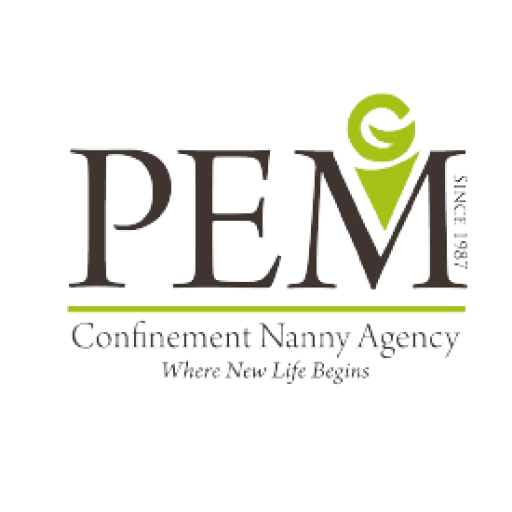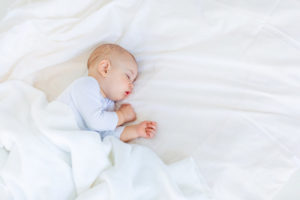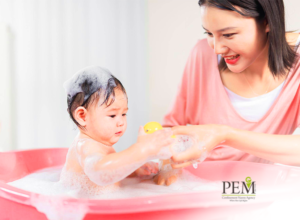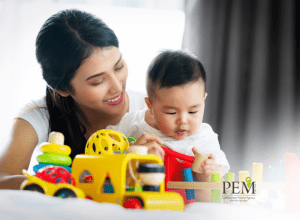[email protected] ♦ (+65) 6293 9249 ♦ Mon - Sun : 10:00AM - 7:00PM
Importance Of Disinfecting Your Baby’s Utensils
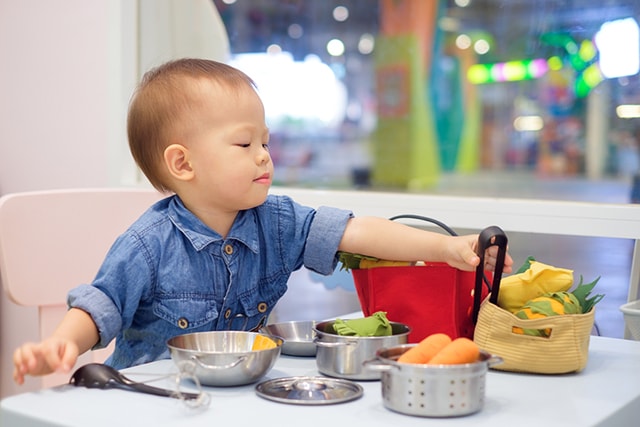
As if your hands aren’t full as a new mom, sterilising your infant’s utensils is one of those little chores you cannot escape away from. Failing to remember to clean and disinfect your child’s utensils may lead to a stomach upset, diarrhoea and a sad infant and mother.
The words sterilisation and disinfection are often used interchangeably by many people. However, it’s important to note that these two terms are very different and not the same. To understand sterilisation, you must bear in mind that steaming achieves sterilisation while boiling causes disinfection only.
By definition, sterilisation is the elimination of all microorganisms plus bacterial spores from an object. In this case, baby’s feeding bottles. On the other hand, disinfection involves the killing and elimination of many, but not all contaminating spores.
Because your baby’s immune system is still weak and not yet mature, your child is susceptible to all sorts of bacteria found in her feeding and weaning utensils. Therefore, sterilising is the best way to keep your infant safe.
Why sterilise?
For the first 12 months of life, newborns are at extremely vulnerable to bacteria, viruses, and parasitic infections, which may lead to anything from simple attack of thrush to the severe illness of gastroenteritis. This is a condition akin to food poisoning, which leads to diarrhea, vomiting, and subsequent dehydration.
Before sterilisation became the norm, many infant fatalities were as attributed to this condition. Most of the cases seen today, though not as serious as before, are often associated with poor sterilising procedures. Of course, it’s not feasible to create a completely germ-free zone for your baby. However, through sterilisation of your kid’s equipment, you can significantly minimise the threats during this delicate first year.
Cleaning your infant’s equipment
Some people only wash their baby’s utensils with soapy water. However, this is not enough. Your baby’s equipment might look clean but how are you sure that they are germ-free? Well, you can’t take that risk especially with your baby’s health on the line. Of course, you should clean the wash bottles thoroughly as well as the nipples to remove any traces of milk before sterilising. Carefully rinse off the detergent that you have used and run water through every nipple to make the hole isn’t blocked with milk curds. Salt is okay with the cleansing of latex nipples but not silicone ones.
What to sterilise?
All your baby’s utensils should be sterilised. These include:
Bottles and teats
These require to be disinfected for the first 12 months until your baby’s immune system or antibodies can fight off germs. Note that even the smallest residue of milk may be a breeding ground for bacteria. Wash and rinse them first before sterilising with a steriliser.
Dummies
These also should be sterilised as they are constantly being dropped on the floor.
Training cups
If you’re giving your baby milk in a training cup, make sure it’s sterilised as well as its sippy lids throughout the first six months, after which a simple hand washing may suffice.
Breast pumps
If you often pump breast milk for future use, make sure you sterilise all the equipment for the first one year.
Bowls and weaning equipment
If you start feeding solids to your infant within the first year, then you need to sterilise all the bowls, spoons, and the rest of the feeding equipment.
Food containers
For containers utilised to store Chinese confinement food, sterilise them for the first six months, after which a thorough wash will suffice.
Handy tips
- All sterilised equipment should be covered. For example, reassemble all sterilised bottles and put on the cap.
- All cleaned utensils that is left uncovered should be disinfected once again.
- Thoroughly wash your hands before touching any disinfected item.
- Any sterilised bottle left with a sealed lid on for a few days should be cleaned and purified again before use.
- Never use a tea towel to dry disinfected items. Instead, let them to air dry.
Regardless of what you’re using to feed your newborn for the first one year, it is important that all these utensils are sterilised as part of your feeding regimen. A confinement nanny service in Singapore can also help you with this among other chores. Given that your child’s immune system is still maturing, it’s important that all feeding utensils are kept clean and sterile to minimise the likelihood of infection.
You May Also Read this : Essential Baby Care Tips for New Mothers
